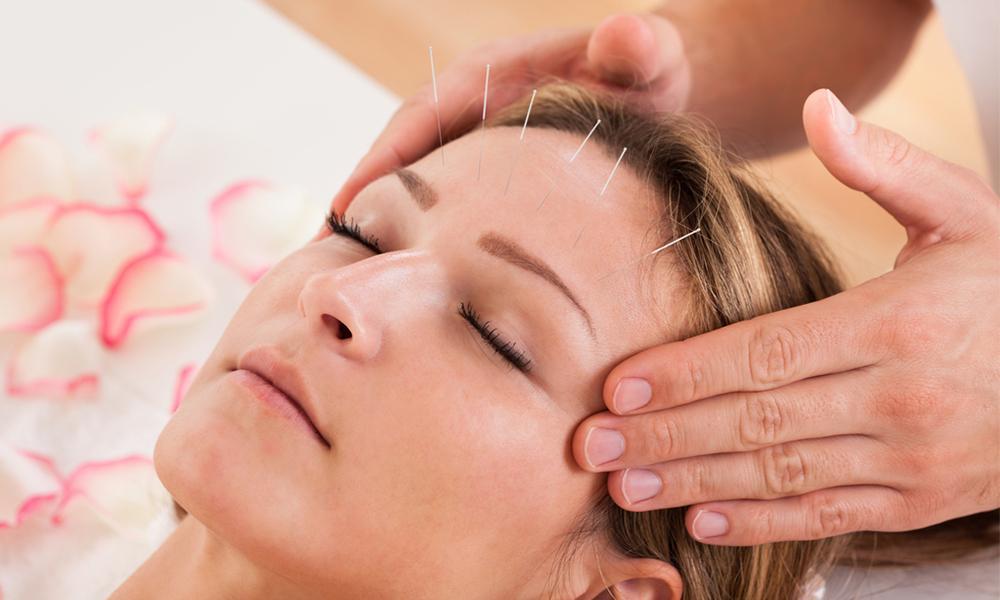The connection between the skin and the mind is powerful and significant, especially when it comes to healing skin conditions. In Tulsa, many people are discovering how therapy can help improve their skin health by addressing mental and emotional factors. This article explores how the mind affects the skin and why therapy is an important part of skin healing.
Understanding the Mind-Skin Connection
The skin is the body’s largest organ and serves as a barrier against external harm. But it also reflects what is happening inside the body, particularly in the mind. Stress, anxiety, and other emotions can trigger or worsen skin problems like eczema, psoriasis, acne, and rosacea.
In Tulsa, specialists recognize that skin conditions are often linked to psychological factors. When the mind is under stress, it sends signals that affect the immune system and inflammation, both of which impact the skin’s health.
How Therapy Helps Skin Healing
Therapy plays a key role in helping people manage the mental and emotional stresses that affect their skin. Here are some ways therapy supports skin healing:
- Reducing Stress: Stress is a common cause of skin flare-ups. Therapy teaches techniques such as mindfulness and relaxation to calm the mind.
- Managing Anxiety: Anxiety can lead to behaviors like skin picking or scratching, which worsen skin conditions. Therapy helps control these urges.
- Improving Sleep: Poor sleep affects skin repair. Therapy can address sleep problems caused by stress or anxiety.
- Building Self-Esteem: Skin problems often hurt self-confidence. Therapy provides support and coping strategies to improve mental well-being.
- Promoting Healthy Habits: Therapists encourage lifestyle changes, including diet and skincare routines, that benefit the skin.
Types of Therapy Used for Skin Healing in Tulsa
Several kinds of therapy are used by skin specialists and mental health professionals in Tulsa to help patients heal their skin:
- Cognitive Behavioral Therapy (CBT): This helps change negative thoughts and behaviors related to skin conditions.
- Stress Management Therapy: Focuses on relaxing the mind and body to reduce skin inflammation.
- Biofeedback Therapy: Teaches patients how to control physical responses to stress.
- Support Groups: Provide a safe space to share experiences and advice with others going through similar skin struggles.
The Role of Dermatologists and Therapists Working Together
In Tulsa, many dermatologists understand that treating skin problems goes beyond creams and medications. They often refer patients to therapists who specialize in the mind-skin connection. This teamwork approach leads to better and longer-lasting skin healing because both physical and emotional causes are addressed.
Taking the First Step in Tulsa
If you or someone you know in Tulsa struggles with a skin condition that seems tied to stress or emotions, consider seeking therapy. Talking to a therapist can bring relief not only to your skin but also to your overall mental health.
Conclusion
In summary, the power of therapy in skin healing is becoming clearer every day in Tulsa. Recognizing the link between the mind and skin opens up new paths to better health. By combining traditional skin treatments with therapy to improve mental well-being, individuals can enjoy healthier skin and a happier life. Therapy is a valuable tool that supports this journey toward healing and self-care in a holistic way.








